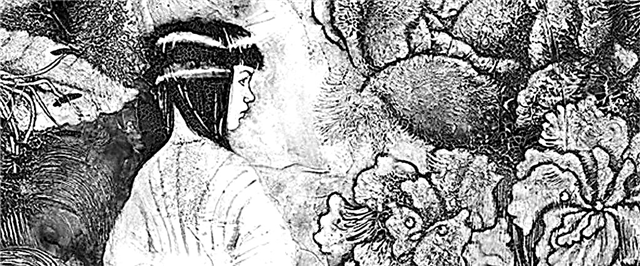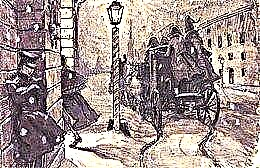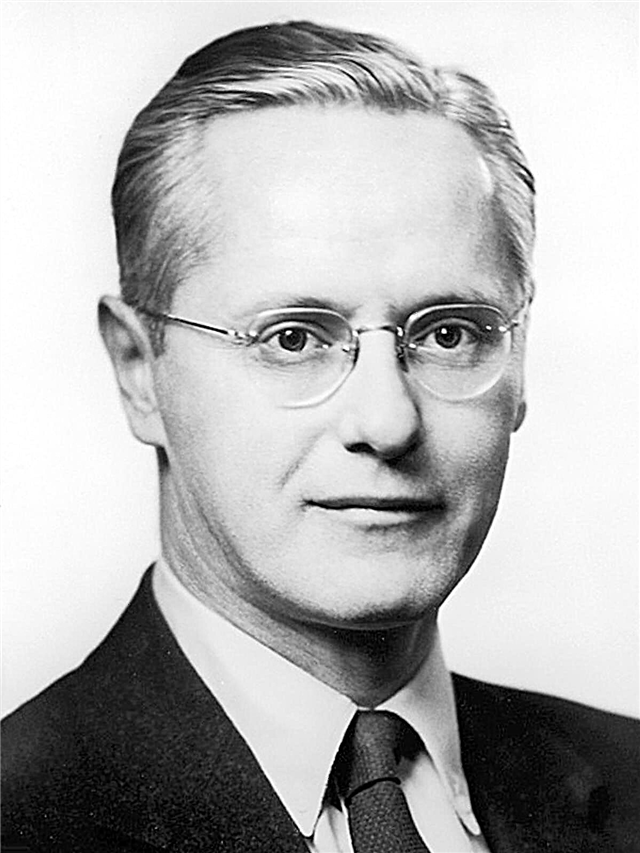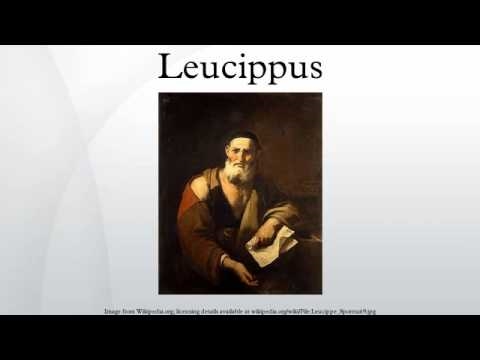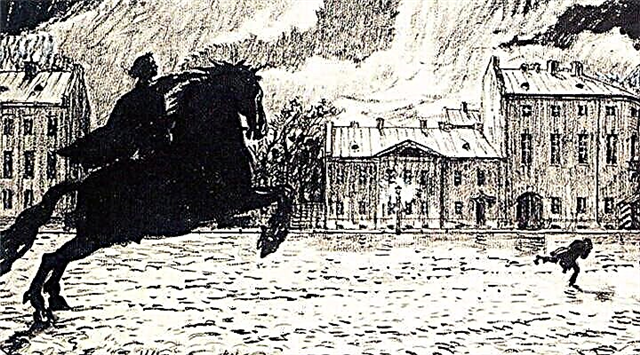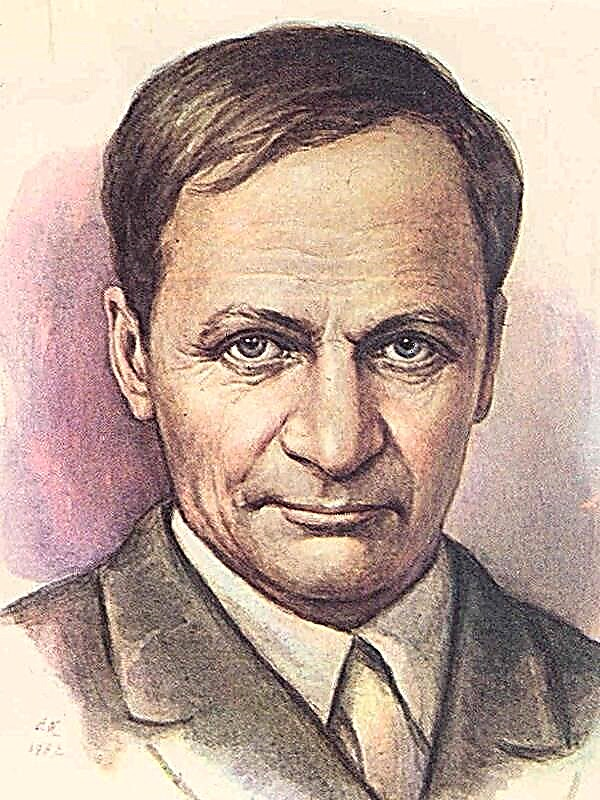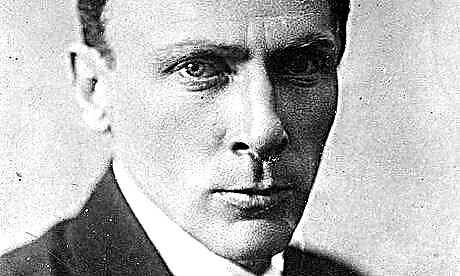Conscience is the most important issue that almost all writers touch upon in their books. Therefore, it is often found in texts to prepare for the exam. In this collection you will find examples from the literature that illustrate one or another facet of this problem. And at the end of the work there is a link to download the table with arguments.
Conflict of Conscience and Prejudice
- M. A. Bulgakov, “The Master and Margarita”. When Yeshua appears, Pontius Pilate begins to show feelings of sympathy for a person who is not guilty of anything. The hero rushes between his ideas about duty to Caesar and what is commonly called "conscience." He sympathizes with the unfortunate prophet, realizing that he is only a victim of circumstances and the stupid crowd that misinterprets his words. The thought came to his mind to abolish the execution and the upcoming torment. But his status does not allow him to take a worthy deed - to help Yeshua. When the high priest releases the thief and murderer to replace the unfortunate philosopher, the procurator does not intervene because he fears the wrath of the "hated city" incited by the clergy. His cowardice and prejudice against Yeshua's faith overpowered his sense of justice.
- M. Yu. Lermontov, “A Hero of Our Time”. The main character, Pechorin, stole a charming savage Bela from the village. The girl did not love him then, and she was too young for marriage. But her family did not rush to the rescue. For them, the abduction of a woman is a common thing. National prejudices prevent them from hearing a voice of conscience that says that Bela deserves a better life, that she can choose her own path. But she was disposed of as a thing, as a horse, as if she had no feelings and no reason. Therefore, the tragic ending of the chapter is understandable: another woman hunter lies in wait for the victim and kills her. Alas, where there is no respect for the individual, there is no way to live a normal life. Unscrupulous orders allow people to deprive those who are weaker of rights and freedoms, and this cannot end well.
Remorse problem
- A. S. Pushkin, “The Captain's Daughter”. Petrusha Grinev on the first night of adulthood lost a card in the amount of one hundred rubles. He needed to repay the debt. Then he asked his teacher, the serf peasant Savelych, to give him the amount necessary for the return of the debt. He, in turn, refused the request. After that Petrusha began to demand, raising his voice against him, then the old man had to give money to the young man. After that, Petrusha felt remorse, shame, because the old man was right: he was really deceived, and he, not seeing his own stupidity, brought anger to the devoted servant. Then the hero realized that he has no moral right to humiliate anyone because of his own impracticality. He apologized and made peace with Savelich, because his conscience tormented his soul.
- V. Bykov, “Sotnikov”. Partisan Sotnikov is held captive by the Nazis. One night, memories of his childhood come to him when, without asking, he took his father's Mauser, who accidentally fired. After, on the advice of his mother, he confessed to his deed, as his conscience gnawed at him. The incident left a strong mark in his later life. After this, Sotnikov did not deceive his father, did not take anything without demand, acted only as his moral duty commanded. Without sparing life, he defends his homeland to the last frontier. Suffering terrible torment of torture, he did not surrender his comrades, took all the blame upon himself, saving other captives. This is called "living with conscience."
The problem of conscience and responsibility
- V. Astafiev, “A horse with a pink mane.” In this story, the main character was hard confessed in his mistake. Vitya decided to deceive his grandmother and put a lot of grass at the bottom of the basket with strawberries, which had to be sold. He played with the boys and did not have time to collect enough berries. After a vile act, his conscience begins to torment him. In the morning he decides to confess his deed, but an elderly woman has already gone to the city. There she was laughed at, accused of unfair trade. After the grandmother returns home, Victor begins to sincerely repent, realizing that he is wrong. He answered for his deception, did not hide it, but confessed. It is conscience that is the guarantor of responsibility: without it, a person does not realize that she has a moral duty to society, family and herself.
- A. Kuprin, “Pomegranate Bracelet”. The work tells about Zheltkova, who is unconditionally in love with a married woman, Vera Shein. He continues to write love letters to her, knowing that she will not answer. For the heroine, it was a pleasant gesture, which later bothered, and she asked him not to write to her anymore. At the end of the story, the man does not stand it and commits suicide, because he cannot stop loving the lady of the heart. Faith only after his death understands that it may have lost true and pure love. As can be seen from this example, it was conscience that provided the hero with an understanding of responsibility to his beloved. He did not try to destroy the family, did not compromise the woman, did not annoy his attention. He understood that the bonds of marriage were sacred, that he had no moral right to interfere in the matrimonial life of the Sheins. Therefore, he was content with little, and when this became a burden on Vera, he simply died, realizing that his duty was to let the married lady go and leave her alone. But in a different way he could not leave her.
The problem of lack of conscience
- M. E. Saltykov-Shchedrin, “Conscience has disappeared." This tale raises the problem of conscience. Saltykov-Shchedrin took advantage of the allegory and showed human quality in the form of a rag that passes from hand to hand. Throughout the book, every hero tries to get rid of it. A miserable drunkard, the owner of a drinking house, a warden, a financier: they cannot accept the heavy burden, torment and torment of the soul. They always lived without a conscience, so it would be easier for them without it, without a “annoying engraftment."
- F. M. Dostoevsky, “Crime and Punishment”. In the novel, a lack of conscience appears in Arkady Svidrigailov. Throughout his life, he corrupted young girls and ruined the fate of people. The sense of being for him was the voluptuousness that he selfishly sought in every victim. In the finale, the hero feels a sense of remorse, provides assistance to the children of Marmeladova after the death of her mother, and apologizes to Dunya Raskolnikova, whom he disgraced by his behavior and almost forced him into a marriage of convenience. Alas, a sense of moral duty awoke in him late: his personality was already decomposed from vices and sins. Remembering them drove him crazy, and he could not stand the torment of conscience.
The problem of manifestation of conscience
- V. Shukshin, "Red Viburnum." Egor Kudin, the main character, was a criminal. Due to his activities, he brought much sorrow to his mother. Many years later, the man met her, but did not dare to admit to her that he was her son. He did not want to harm her anymore, to hurt her. It is conscience that makes Egor remain unknown to an elderly woman. Of course, his choice can be challenged, but, nevertheless, he is worthy of respect for his later repentance. And morality rewarded him for this effort of will: only through conscience at the end of the story did Kudin not fall to the bottom of immorality.
- A. Pushkin, "The Captain's Daughter." Pugachev was a cruel and imperious leader; he ruthlessly destroyed entire rebellious cities. But when a nobleman appeared in front of him, who helped him not freeze on the road by giving a hare short fur coat, the man could not execute him in cold blood. He felt grateful to an honest and kind young man. The rebel let him go, knowing that the young man would meet him in battle. However, conscience triumphed in this stern warrior. He understood that he had gone to war against the sovereign in order to protect the freedom and life of ordinary people, and not in order to kill the lordly children. There was even more moral superiority in him than in the Russian empress.

